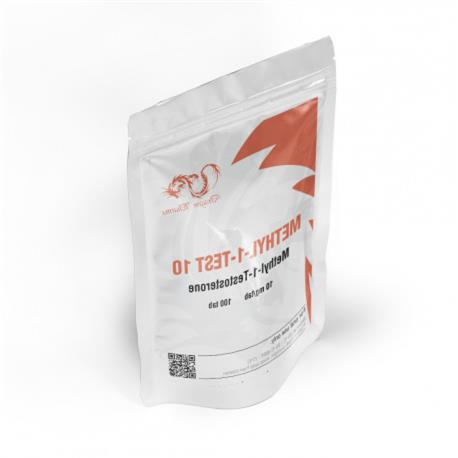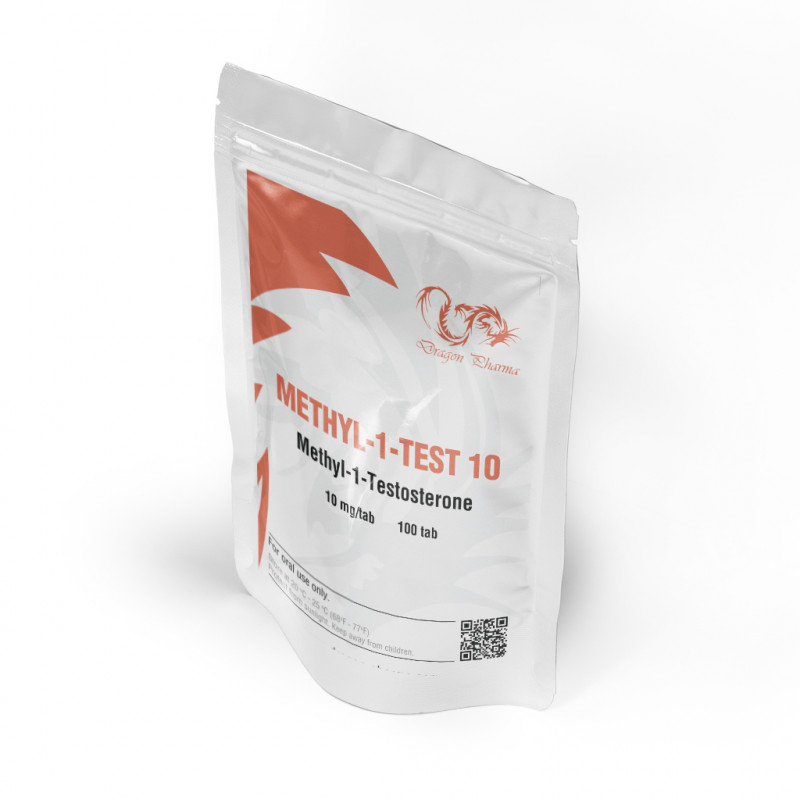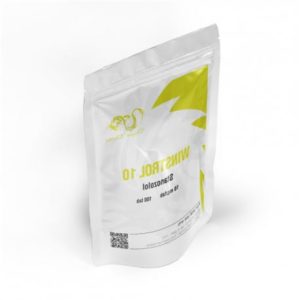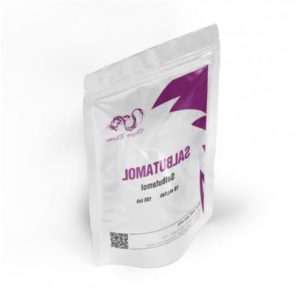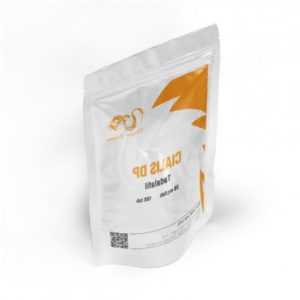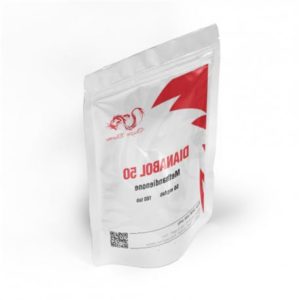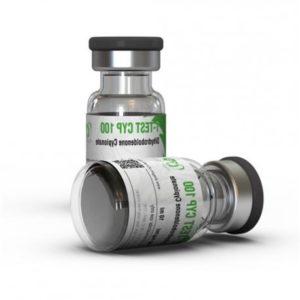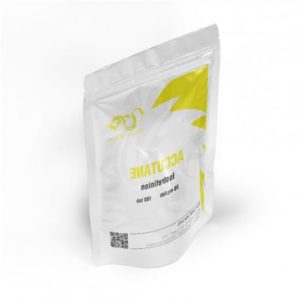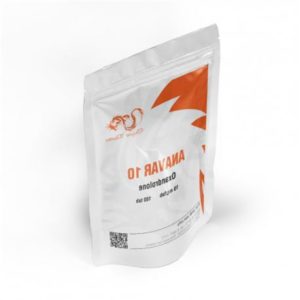Description
Methyl-1-Test 10, also known as M1T, is a synthetic anabolic steroid. It was originally developed in the 1960s as a potential treatment for medical conditions such as osteoporosis and muscle wasting. However, due to its high potency and potential for abuse, it was never approved for medical use.
M1T is a derivative of testosterone and has a strong anabolic effect. This means that it promotes muscle growth and helps to increase muscle mass and strength. However, it also has a high potential for androgenic side effects, such as acne, hair loss, and increased body hair growth.
Due to its potency, M1T is often used by bodybuilders and athletes as a performance-enhancing drug. It is commonly used during bulking cycles to help increase muscle mass and strength, and during cutting cycles to help preserve muscle mass while losing body fat.
The effects of M1T can be quite dramatic, with some users reporting gains of up to 20 pounds of muscle in just a few weeks. However, these gains come at a cost, as M1T can cause a range of negative side effects.
One of the most common side effects of M1T is liver toxicity. This is because M1T is a methylated steroid, which means that it has been modified to survive oral ingestion. However, this modification also makes it more difficult for the liver to break down and eliminate the drug from the body. Long-term use of M1T can lead to liver damage and even liver failure.
M1T can also cause a range of androgenic side effects, such as acne, hair loss, and increased body hair growth. These side effects are caused by the conversion of M1T into dihydrotestosterone (DHT), a potent androgen that is responsible for the development of male characteristics.
In addition to its androgenic side effects, M1T can also cause a range of estrogenic side effects, such as gynecomastia (the development of breast tissue in males) and water retention. This is because M1T can be converted into estrogen in the body, which can lead to the development of these side effects.
M1T can also cause a range of cardiovascular side effects, such as high blood pressure, increased cholesterol levels, and an increased risk of heart disease. This is because M1T can cause an increase in red blood cell count, which can lead to thickening of the blood and an increased risk of blood clots.
Overall, the effects of M1T can be quite dramatic, but they come at a significant cost. Due to its high potential for negative side effects, M1T is not recommended for use by most individuals. Instead, it is best to focus on natural methods of building muscle and improving athletic performance, such as proper nutrition, exercise, and rest.
